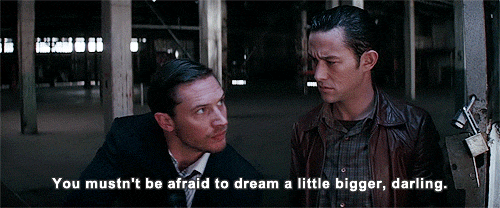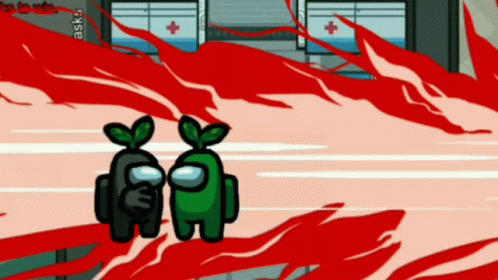No one ever has life figured out and is that well-organized. What you’re seeing is my ability to operationalize things in such a way that I no longer feel like I have no control. Operationalization is the skill of taking large difficult tasks that you can’t do yet (e.g. - doing your job, taking care of your finances, having a social life, etc.) and break them down into smaller, more reasonable tasks that you can do. The ability to operationalize big tasks is the real skill to being an adult. Once you’ve leveled up your operationalization in various aspects of your life, you’ll feel a lot less imposter syndrome.
 ALT
ALTOperationalization is a learned skill that we apply to things as we understand them. We can see this demonstrated in small children - asking a five-year-old to “clean her room” is generally too difficult a process for her because she can’t yet make the mental connection between the large goal (a clean room) with all of the smaller tasks that need to be accomplished in order to achieve that large goal. She doesn’t yet understand that “clean your room” means “put the crayons back into the crayon box”, “put all your toys into the bins”, “stack the bins in the closet”, “put the chairs away”, “put the dirty clothes into the hamper”, “put the trash and scraps into the trash”, and so on. If we tell her to complete those tasks individually, she understands and can do them. It takes practice and experience for her to understand that “clean your room” comprises all of these various tasks. Once she has operationalized the process of “clean your room”, she will be able to make those connections in the future and “clean your room” will no longer be too much for her.
 ALT
ALTThis is also what experience teaches us - how to operationalize tasks and do them. Yesterday’s post about gauging ideas by feasibility shows what operationalization is good for - I can take a big concept idea and break it down into component tasks that I can evaluate for feasibility, and I can apply and repeat this process as many times as necessary until I get to tasks I know I can do. Once I’ve operationalized a big task, not only can I break down how to accomplish that task, but I can also make confident predictions about the task, its subtasks, and those details around those subtasks. This principle applies to just about every big task that feels overwhelming, work and otherwise. The more we operationalize things, the better we become at it. Operationalization is a skill like any other - practice leads to improvements and familiarity.
 ALT
ALTAs a corollary to this, Imposter Syndrome is your state when you’ve begun operationalizing something new, but haven’t fully done so yet. You’re able to do some of it but haven’t fully internalized all of the connections yet, so it feels like you don’t quite get it. Once you’re familiar enough with the tasks that you feel confident in your ability to predict the results, imposter syndrome tends to vanish.
[Join us on Discord] and/or [Support us on Patreon]
Got a burning question you want answered?
- Short questions: Ask a Game Dev on Twitter
- Long questions: Ask a Game Dev on Tumblr
- Frequent Questions: The FAQ